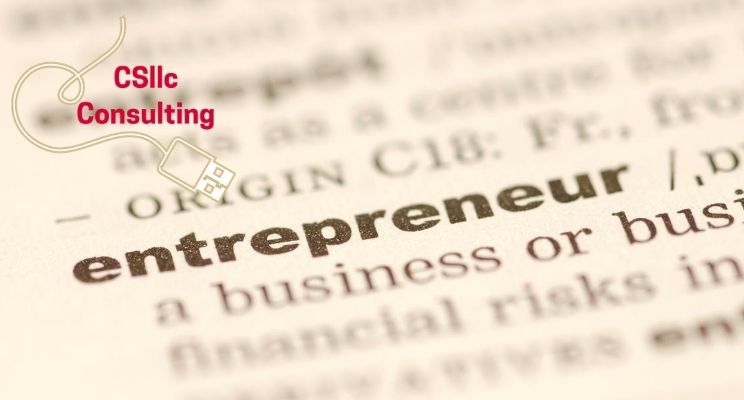En-TRE-pre-NU-er
The term Entrepreneur is a derivation of Entreprendre, a French verb that literally means “to Undertake”. It has become a common acceptance of what an entrepreneur is the people who choose to run their own business – a business they have created from scratch with all the risks and potential rewards that come with that lifestyle.
There are four types of Entrepreneurs
Steve Blank has made a study of entrepreneurship and has consulted internationally in advising people who are launching their dream visions. He has categorized the types of work in which he has encountered entrepreneurs. They fall into 4 distinct groups:
Small Business owners
These are the Entrepreneurs who clearly see a need and seek to fill it. If the business makes money, they make money and when it does not, they make changes and try to adapt to what the market will buy. Those who start small businesses are typically reliant on a small core (often family) and are accountable to one another. But like all Entrepreneurial ventures, they start with nothing, pool resources and launch a business. For most small business entrepreneurs there is high financial personal risk and the goal is financial survival for a family or insular group.
Scalable Business Start Ups
These are Entrepreneurs who work on a business model for a while and then undergo a transition period as they begin to grow. While only a small number of Entrepreneurs are scalable start ups these are the businesses that seek outside venture capital, find ways to open their planning process to a board of directors and develop accountability to investors. Like small businesses, entrepreneurs have a high personal financial risk at stake, but the goal of the operation is wealth growth.
Large Companies
Entrepreneurs within large companies are the people who dream of a new division, product line, service or something that can operate and have room to be nurtured under the larger umbrella of the business’ core product line. The large business generally has the capacity to fund the entrepreneur and to finance the development of the product internally. In most cases, large companies view the entrepreneur as an “innovator”. The Large Company innovator has a low personal financial risk and the goal may be as simple as earning a promotion for a job well launched.
Social
Social entrepreneurship seeks to provide solutions for the common good. In the United States these visionaries will likely be housed in a non-profit organization – even it is one they have incorporated on their own. Financial profit benefiting the entrepreneur is generally not the motivating factor. Social entrepreneurs have a moderate personal financial risk, but when you analyze their goal, it is absolutely to save some corner of the world.
The traits that Blank says are found in entrepreneurs regardless of the type of business model are that each is searching for a lasting and sustainable business model. Over the years Blank says that each Entrepreneur is resilient, agile, tenacious and passionate. Where they differ is in their tolerance for personal risk, their personal financial goals and the size or scale of the vision.

